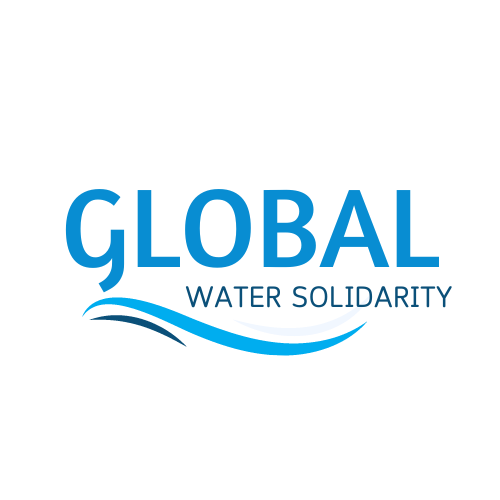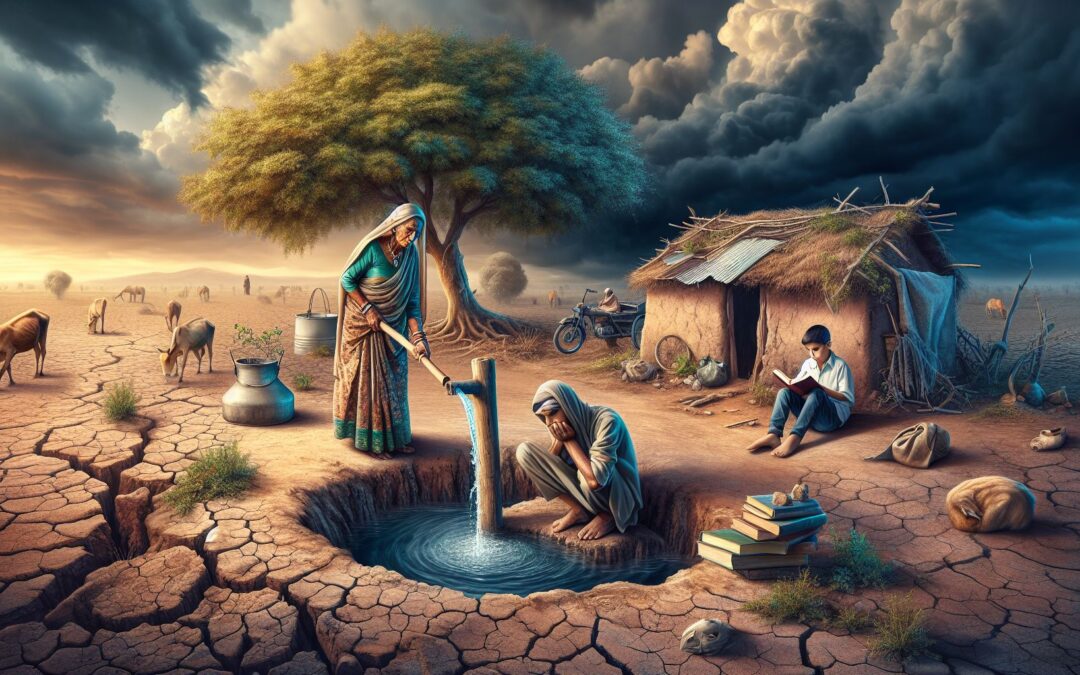
In the urban sprawl of cities and the vast plains of the countryside, one common denominator remains critical among them all – water. It is the lifeblood of our planet and a human fundamental need. For billions of people, access to clean, safe water is a luxury beyond their reach, and this deprivation is deeply intertwined with poverty. This intricate relationship between water and poverty forms a nexus that needs untangling for us to assure a more equitable and prosperous future for all.
The Scope of the Issue
At a glance, the World Health Organization (WHO) reports that 785 million people lack a basic drinking-water service, and large disparities exist in access to water services among urban and rural populations. Many women and children spend countless hours collecting water, often contaminated, from distant and risky sources. This time spent is time lost for education, livelihood activities, and nurturing families. Water scarcity, thus, plunges poor communities deeper into poverty.
Likewise, lack of access to basic sanitation services, often related to water services, contributes to the cycle of poverty. WHO states that over 2 billion people don’t have access to basic sanitation facilities such as toilets or latrines, and this figure appears to increase due to several factors, including climate change, population increase, and infrastructure challenges.
The Connection Between Water and Poverty
Deprived not only of the practical benefits of clean, accessible water, people in water-poor communities are ensnared in a vicious cycle that strengthens the nexus between water and poverty. Lack of access to clean water leads to poor health due to waterborne diseases, which exacerbates poverty by lessening the people’s ability to work and generate income. The time and energy spent on gathering water also reduce the available time for other productive endeavors. Indigenous knowledge and practices that ensure sustainable water resource management are often marginalized, further endangering the communities’ resilience.
To complicate matters, water scarcity often leads to conflicts among communities that could inhibit development and breed insecurity. These do not attract investments that could boost local economies and improve the provision of basic services, watering the seeds of poverty and deprivation.
Breaking the Cycle
To mitigate these water-poverty challenges, an integrated and sustainable approach needs to be adopted. This approach does not focus solely on providing access to water but also encapsulates proper water management and the socio-economic aspects that influence water poverty.
First and foremost, investments in infrastructure are crucial to extend water accessibility. Enhancing local capacities for water management is also vital in ensuring the sustainability of water supply systems. Strong, democratic local water associations can manage water resources efficiently, promote equitable distribution, and shape systems that are responsive to the community’s socio-economic context.
Moreover, women empowerment plays a pivotal role in addressing water poverty. Women, who are often the primary gatherers and users of water in the household, must be involved in decision-making processes related to water management.
Addressing poverty means also providing communities the means to improve their living conditions. Microcredit schemes, skills training, and livelihood programs can give families additional income to afford basic services. Improving access to education is likewise important to usher in new livelihood opportunities and build resilience against poverty.
Significantly, policy changes must be implemented to ensure that water resources are managed in the fairest and most sustainable manner. The policies should include regulations for equitable water distribution, protection of water resources from pollution, and promotion of efficient water uses.
In Conclusion
The water-poverty nexus is a complex issue that requires constant and collaborative efforts from all sectors of society. Breaking this cycle is imperative in the light of the Sustainable Development Goals, specifically ensuring the availability and sustainable management of water and sanitation for all and eradicating poverty in all its forms everywhere.
Water is a basic human right, and it’s about time we ensure that no one is left behind – not in access to clean, safe water nor in the fight against poverty. Many UN bodies, like the United Nations Development Programme (UNDP), are working towards it, but the onus lies on all of us to contribute to this end.
Efforts to break the water-poverty cycle will not only quench a basic human need but would also sow the seeds of change and development for everyone. As world citizens, we are all drops in the ocean called humanity. By addressing water poverty, we empower this ocean to thrive and, with it, ensure that every single drop matters.
For in breaking the cycle of deprivation in the water-poverty nexus, we nurture the flow of life – fair, sustainable, and full of potential.


